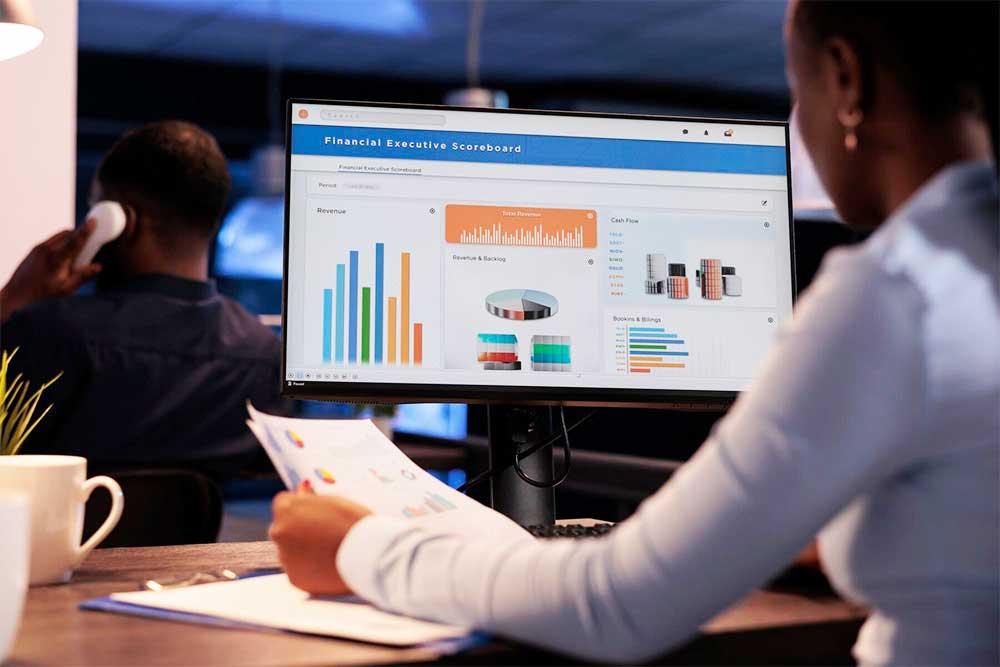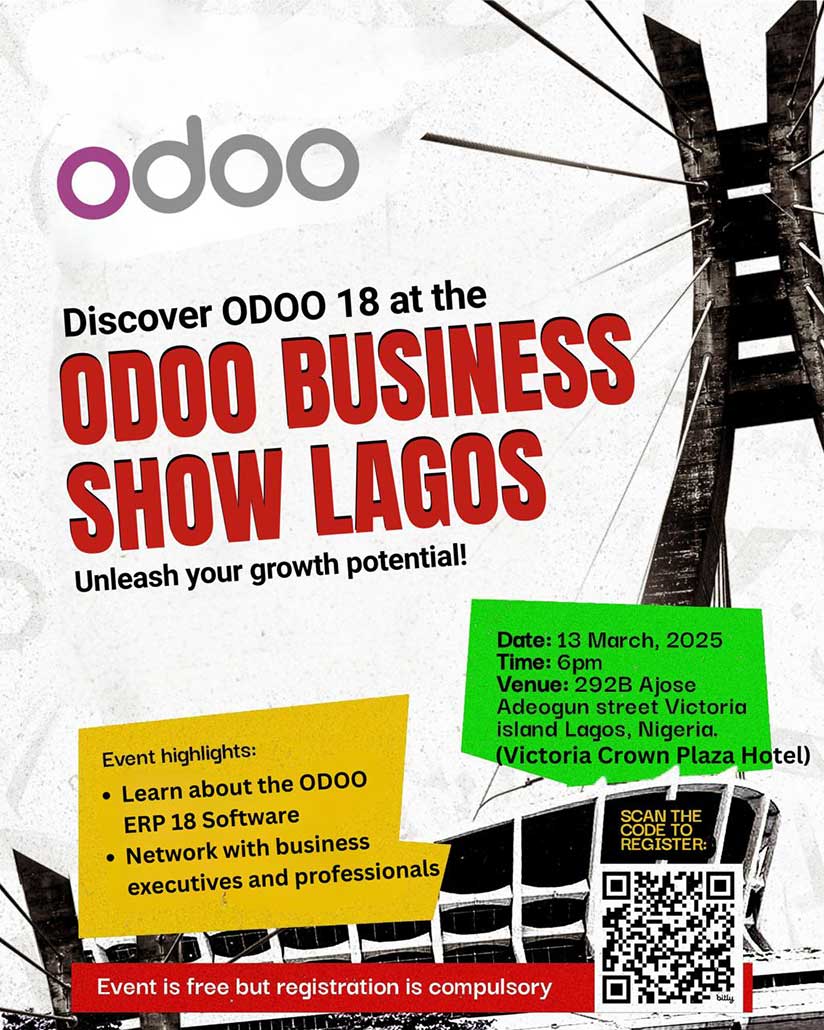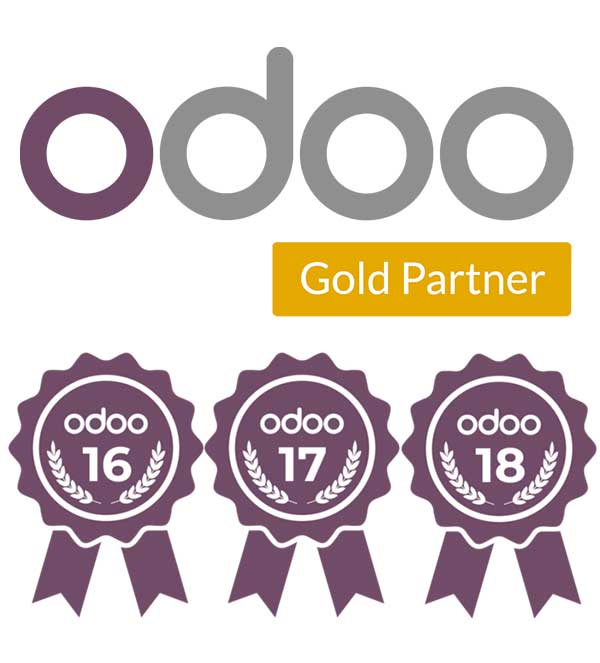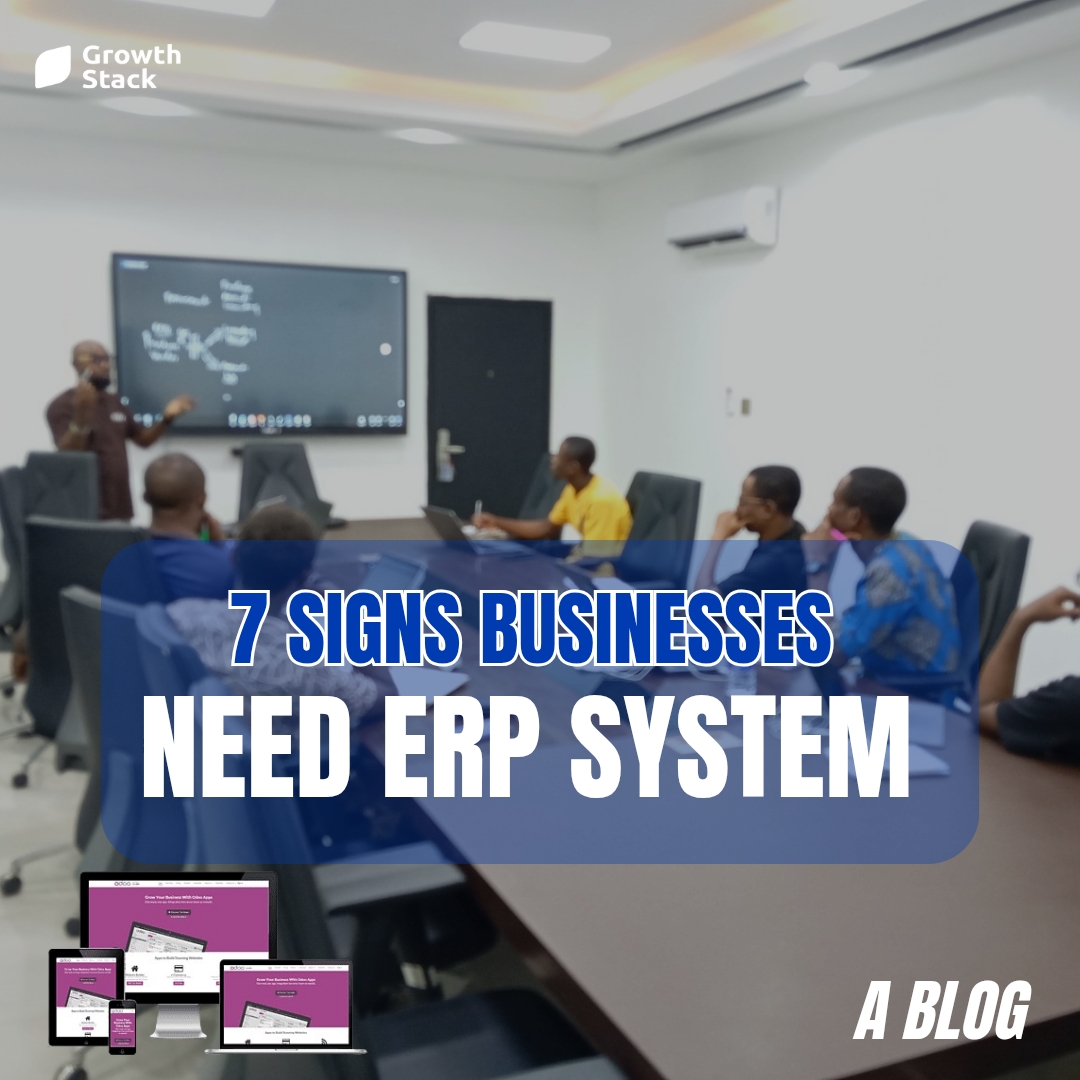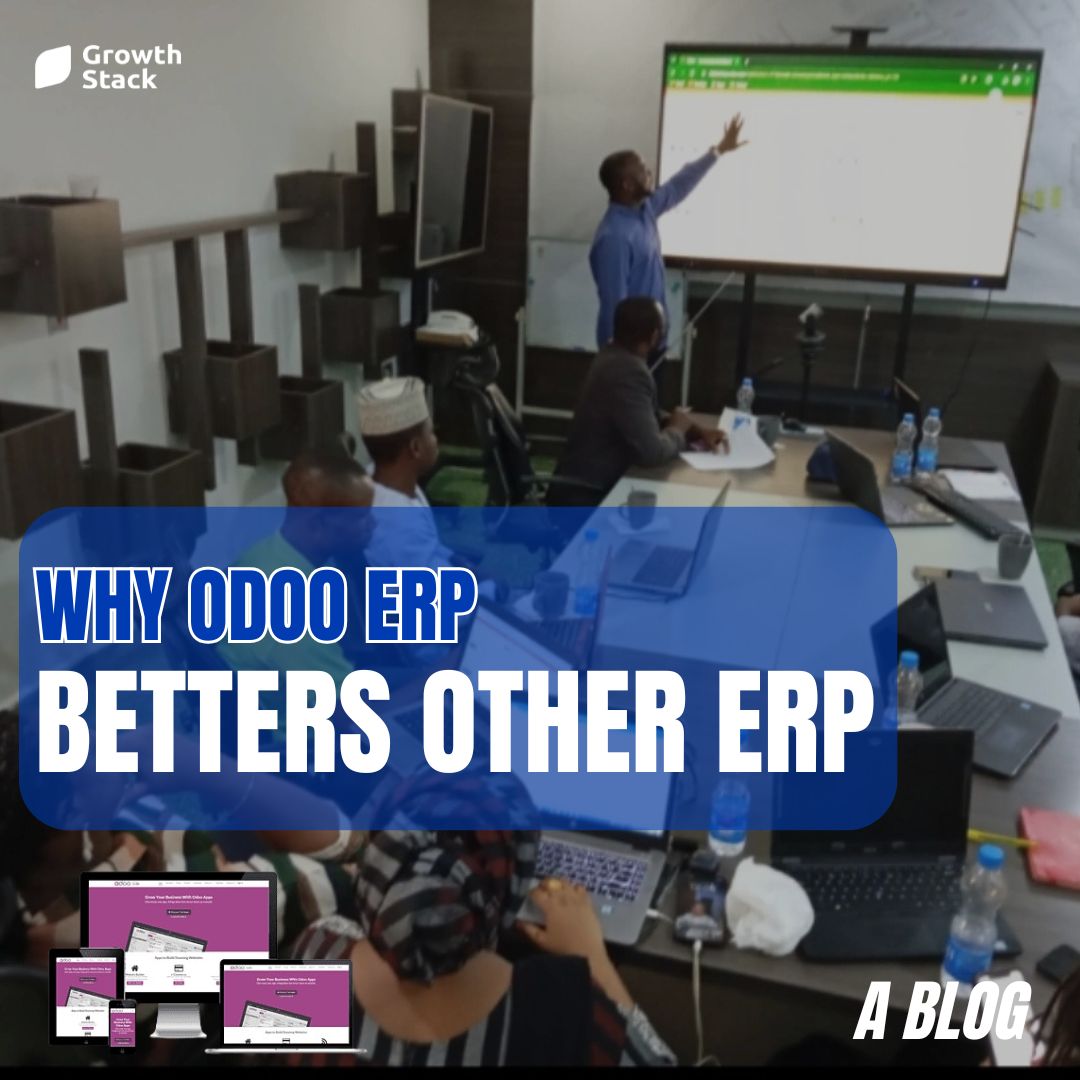In the contemporary business landscape, where efficiency and agility are paramount, the debate over implementing Enterprise Resource Planning (ERP) software versus opting to operate without it has become increasingly significant. The decision to invest in ERP software goes beyond mere financial considerations; it encompasses strategic foresight, operational effectiveness, and competitive advantage. Understanding the cost of having ERP software versus the cost of not having it is pivotal for businesses aiming to thrive in today’s dynamic markets.
The Cost of Not Having ERP Software
For businesses that choose to forgo ERP software, the costs, both tangible and intangible, can be substantial. Here’s a closer look at what companies might be losing by not embracing ERP solutions:
1. Inefficient Operations
Without ERP software, businesses often resort to disparate systems and manual processes to manage various aspects of their operations. This fragmentation leads to inefficiencies, errors, and delays in decision-making. Siloed data and lack of integration hinder visibility across departments, impeding productivity and hindering growth.
2. Limited Scalability
In a rapidly evolving business environment, scalability is paramount. Without ERP, businesses face challenges in scaling operations to meet growing demands. Manual processes and disjointed systems create bottlenecks, limiting the organization’s ability to adapt to market changes and seize new opportunities.
3. Inaccurate Decision-Making
In the absence of real-time insights provided by ERP systems, businesses rely on outdated or incomplete data for decision-making. This lack of timely and accurate information increases the likelihood of errors, leading to suboptimal strategic choices and missed opportunities.
4. Higher Operational Costs
Manual processes and disparate systems incur higher operational costs over time. From increased labor expenses due to redundant tasks to elevated inventory carrying costs resulting from inefficient supply chain management, the cumulative impact of operating without ERP can strain the company’s financial resources.
5. Competitive Disadvantage
In today’s hypercompetitive landscape, agility and innovation are critical for sustaining competitive advantage. Without ERP software, businesses struggle to respond swiftly to market dynamics, lagging behind competitors who leverage integrated systems to streamline operations and drive innovation.
The Benefits of Implementing ERP Software
Contrary to the costs associated with not having ERP software, the benefits of implementing an ERP system are multifaceted and transformative. Here’s a glimpse into what businesses stand to gain by embracing ERP solutions:
1. Streamlined Operations
ERP software integrates core business processes, including finance, human resources, supply chain management, and customer relationship management, into a unified platform. This integration streamlines operations, eliminates redundancies, and enhances collaboration across departments, fostering operational efficiency and agility.
2. Enhanced Visibility and Control
With real-time data analytics and reporting capabilities, ERP systems provide businesses with unparalleled visibility into their operations. Decision-makers gain access to accurate, up-to-date information, enabling them to make informed decisions promptly and proactively address challenges as they arise.
3. Improved Compliance and Risk Management
ERP software helps businesses adhere to regulatory requirements and industry standards by enforcing consistent processes and controls. By centralizing data and automating compliance workflows, organizations mitigate risks associated with non-compliance, safeguarding their reputation and minimizing potential legal liabilities.
4. Scalability and Adaptability
ERP systems are designed to scale seamlessly alongside business growth. Whether expanding into new markets, adding product lines, or accommodating increased transaction volumes, ERP software empowers businesses to adapt quickly and efficiently, without sacrificing operational integrity or performance.
5. Competitive Advantage
By optimizing processes, enhancing visibility, and fostering innovation, ERP software equips businesses with a sustainable competitive advantage. From accelerating time-to-market for new products to enhancing customer satisfaction through personalized experiences, ERP solutions enable companies to differentiate themselves in crowded markets and drive long-term growth.
Recommendation: Growth Stack as the ERP Implementation Partner
For businesses seeking to harness the transformative power of ERP software without exceeding their budget constraints, Growth Stack emerges as a compelling implementation partner. With its proven track record of delivering cost-effective ERP solutions tailored to the unique needs of businesses, Growth Stack combines technical expertise with strategic insights to drive tangible business outcomes.
Growth Stack’s comprehensive suite of services encompasses ERP implementation, customization, training, and ongoing support, ensuring a seamless transition and maximizing return on investment. By leveraging industry best practices and cutting-edge technologies, Growth Stack empowers businesses to unlock new efficiencies, capitalize on emerging opportunities, and propel growth in an increasingly competitive landscape.
In conclusion, while the cost of implementing ERP software may seem daunting, the cost of not having it can be far greater in the long run. By embracing ERP solutions, businesses can streamline operations, enhance visibility, mitigate risks, and gain a sustainable competitive advantage. With Growth Stack as their trusted ERP implementation partner, businesses can embark on a transformative journey towards operational excellence, resilience, and growth in today’s dynamic business environment.
